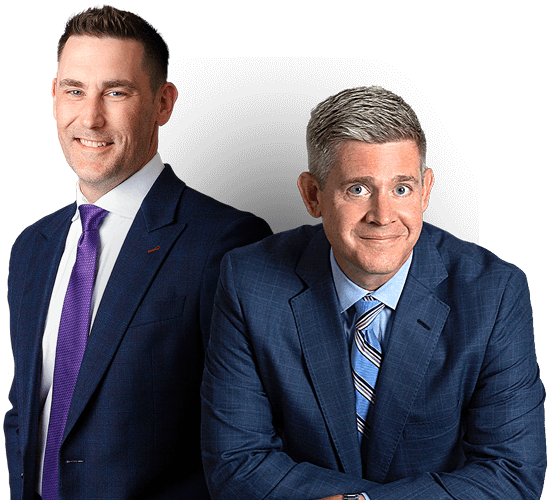You likely have the day of the accident etched deeply in your mind, that is, if you remember it at all. As an accident victims, you may be encountering many challenges during recovery. Depending on your condition, you might still be off work or in need of daily living assistance. Sadly, many collisions may have been preventable were it not for negligent or reckless drivers.
If you were unconscious or in serious condition after the accident that caused your injuries, rescue workers may have whisked you away to the nearest hospital or flown you to a trauma unit. Then again, you may be among those whose symptoms were not immediately apparent — those who went home from the hospital only to wind up back again later, seeking further medical examination for possible traumatic brain injury.
What are the signs?
When you’re recovering from a motor vehicle accident, never be afraid to call your doctor or go to an emergency room if you feel pain or discomfort in the hours, days or weeks that follow the collision. Licensed medical professionals know how to recognize signs of head injuries. The following list includes symptoms that signify brain trauma:
- Loss of appetite or trouble sleeping
- Mood swings or irritability
- Difficulty forming coherent speech
- A tilted or unstable walking gait
- Head, facial or neck pain or discomfort
- Confusion or trouble concentrating
- Vision disturbances
- Dizziness
- Upset stomach or vomiting
- Excessive sleepiness or falling unconscious
- Seizures
- Fainting spells
- Problems with short-term memory skills
If you’re unsure whether the symptoms you’re experiencing are evidence of a brain injury, it’s best to seek immediate medical examination. Make sure the attending physician knows you were recently in a car accident. It may turn out that you have a concussion or severe whiplash, or the problem might be a lot more serious, requiring additional medical care and, possibly, living assistance down the line.
Beyond the diagnosis
Knowing that another motorist was negligent or reckless can evoke feelings of anger and frustration. It’s a fact that many collisions were easily preventable had it not been for a distracted driver or someone’s irresponsible decision to drink and drive. Many accident victims channel their emotional energy into being proactive toward their own health care, as well as physical and financial recoveries, such as by seeking monetary judgment against the person or people who caused their injuries.


